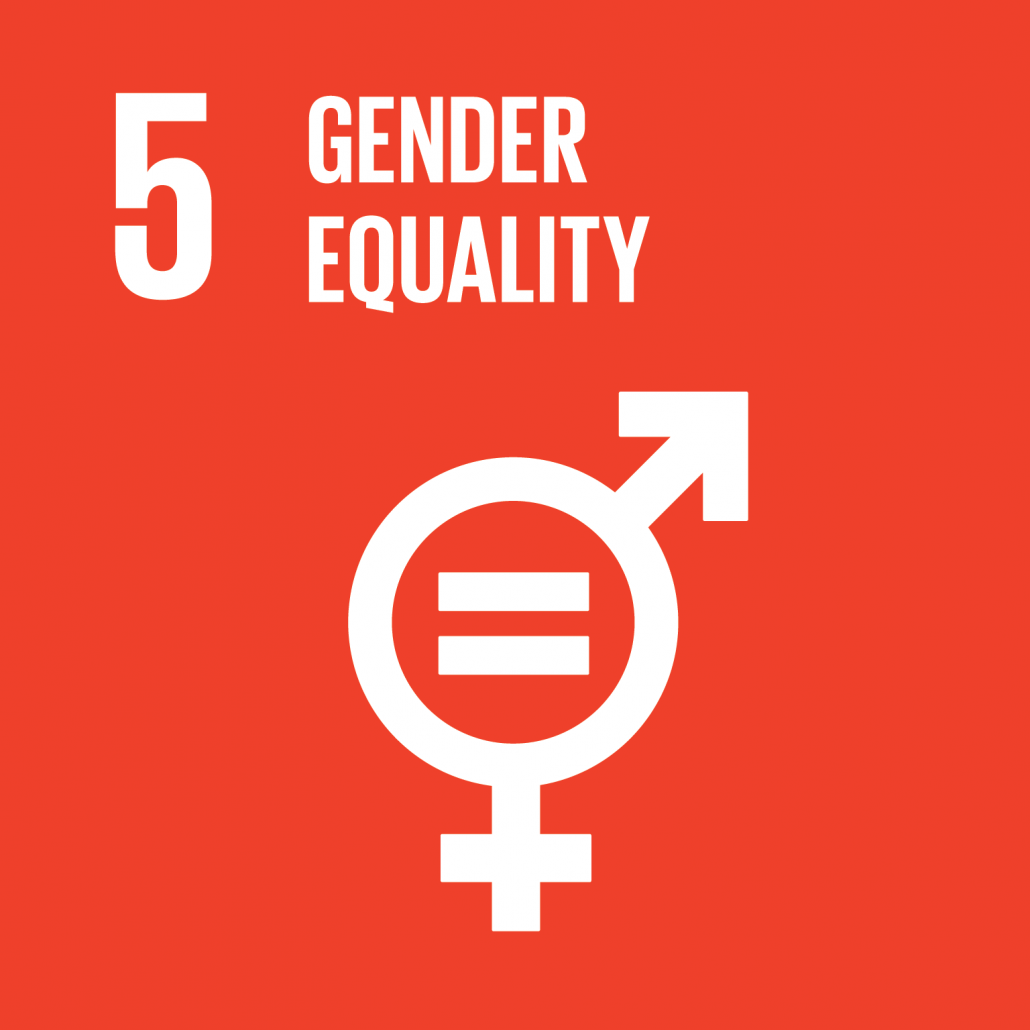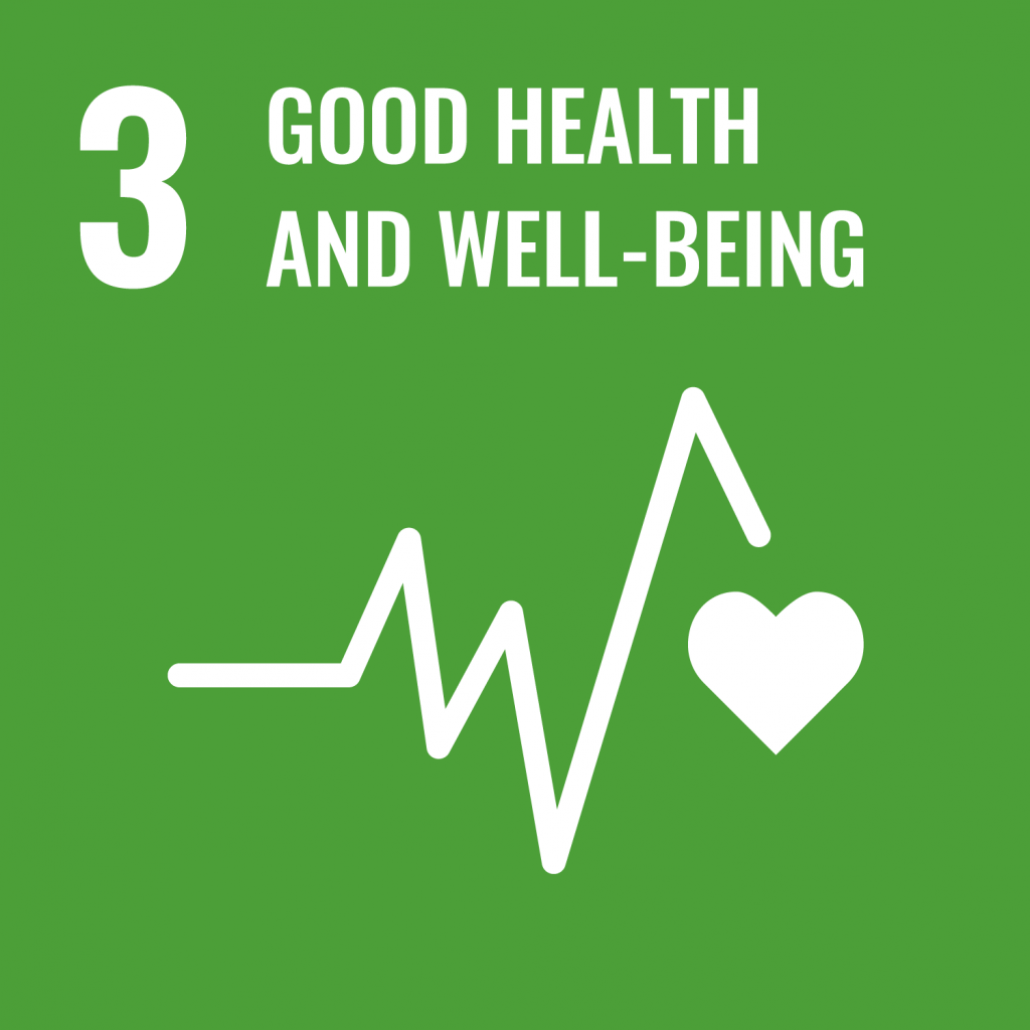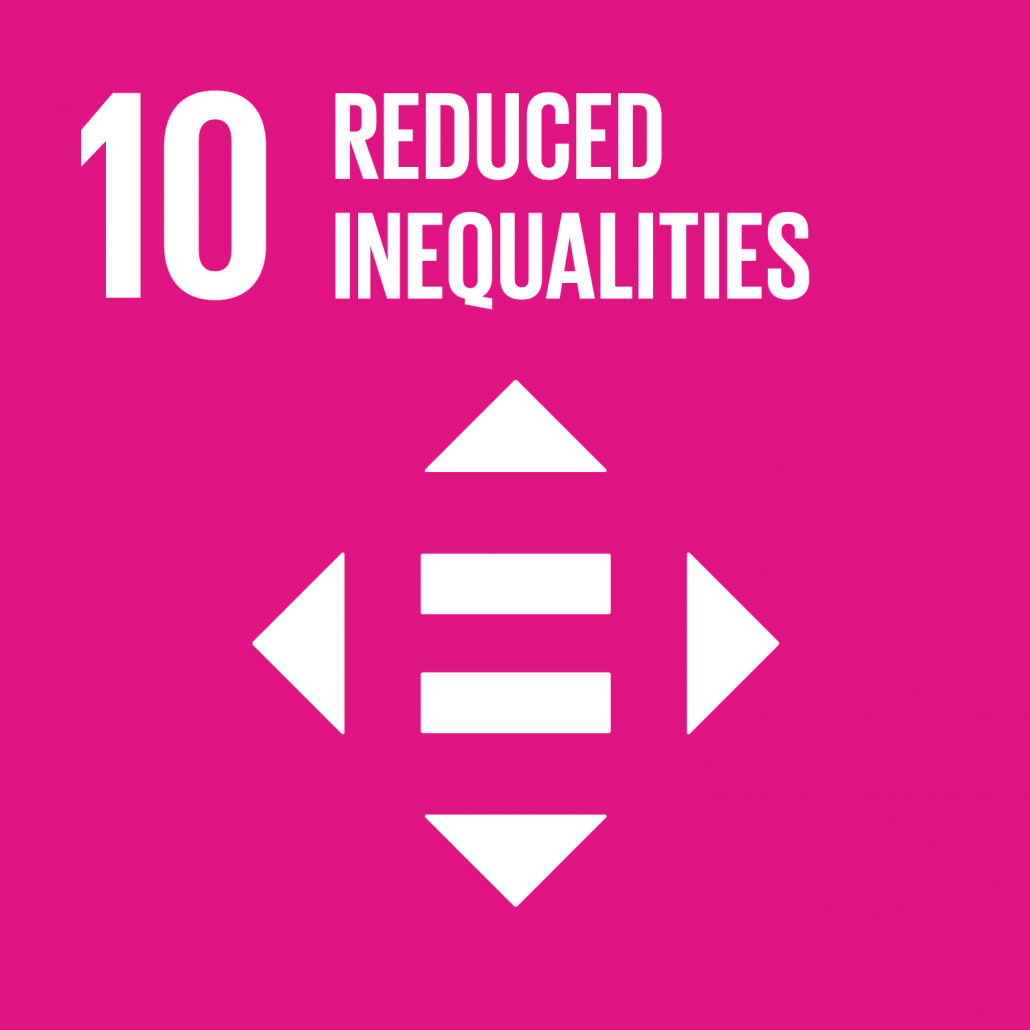For AIESEC youth is the key to unlock a better future. Being a world citizen aware of the global situation is the first step to be part of the solution.

When a group of young people decided to found AIESEC after the Second World War, they did it because of the belief that we should place our confidence in youth as the key to unlock a better future. What we have been doing since that moment is working to develop young people with the leadership qualities we see as fundamental solutions.
For us, leadership comes from a place where we, despite our age, take responsibility for global issues and take a role to be part of the solution. Kofi Annan, Ghanaian diplomat and Secretary-General of the United Nations (1997-2007), said once that AIESEC programmes “have helped young people around the world to develop a broader understanding of cultural, socio-economic and business management issues”. Through this dynamic, we expect to develop people who can become creative architects for the world’s problems.
A step we need to take towards this goal is to guarantee to bring information about the world issues we face at the moment. The UN recently reported COVID-19 as the worst global crisis since World War II, increasing economic crisis and chances to unroll social conflicts. In this scenario, we turned our attention to some of the Sustainable Development Goals we are used to working with on our exchange programmes and understanding how this world crisis can affect them. You can learn more about the impact on gender equality, good health and well-being, reduce inequalities, decent work and economic growth goals below.

Gender Equality (SDG 5)
According to the UN, women are at the frontline of the COVID-19 response. 70% of health and social care workers around the world are women. Still, we see a payment gap where women get paid 11% less for doing the same job as men. Besides that, they keep carrying the stresses of house and children cares. Women also occupy most of irregular jobs positions without health insurance or safe wages. A situation of risk in case they need medical services. Furthermore, during the period of self-isolation, many women are locked with their aggressors at home and exposed to domestic violence. Looking at this makes us understand the importance to protect women and look for gender equality.

Good Health and Well-Being (SDG 3)
All over the world pollution rates have decreased over the last weeks without the peak of human action. As COVID-19, pollution brings health problems to communities around the world like breathing diseases and other medical conditions, especially to communities who get access to contaminated food and water. According to the UN, water availability is becoming less predictable as a consequence of the climate crisis. It’s fundamental to keep our attention devoted to communities without access to clean water where people can’t follow the safety orientations by WHO like washing hands and keep proper hygiene routine increasing contamination risk. We are living a moment to think about how public health and well-being is related to our daily life conditions and access to clean resources. Good quality health systems provide not only hospitals to people but also good living conditions. The lack of services and safe resources daily turns crisis like COVID-19 into bigger problems to part of the world’s population.

Reduce Inequalities (SDG 10)
Stay home today is a safety practice to reduce the curve of infection. What if you don’t have a home? According to Feantsa, in 2018 all countries in Europe had homelessness on the rise, except Finland. What the current situation has shown us is that housing and health politics are connected. Homeless people get a higher risk to be infected by a coronavirus and also, develop other health issues from physical to mental health conditions due to poor nutrition and weak immune systems. We also must direct our attention to people who have poor house conditions and might have the risk to lose their homes during the outbreak. Life quality is key to a healthier society and housing is more than ever an emergency subject.

Decent Work and Economic Growth (SDG 8)
Employment and economic situations are probably the second hottest topics right now after the illness itself. This kind of massive self-isolation has no record in the history of humankind. And it changes the entire production system. Even with employees working from home, some companies couldn’t handle the loss of production and are firing people or paying lower wages. Those who are autonomous workers or small business owners might see all their income harmed for not being able to work. The USA, for example, reached the number of 6,6 million new unemployed by March 28. Besides those workers, there is those part of essential services who can’t stay home and might not be having proper safety structures provided against COVID-19. The social and economic consequences for this scenario are inevitable. That’s why many governments all over the world have been working on damage control for the current situation launching initiatives to preserve jobs and support families so they can afford essential services and items.
Now that you have learned more about the effects of COVID-19 crisis over different global issues, it’s time to think about solutions to solve these or other problems during the outbreak. You can help us to understand better your vision about the world filling the Youth Speak Survey. Let your voice be heard! Remember to stay home and follow safety precautions when going outdoors. Полезные советы для отношений
